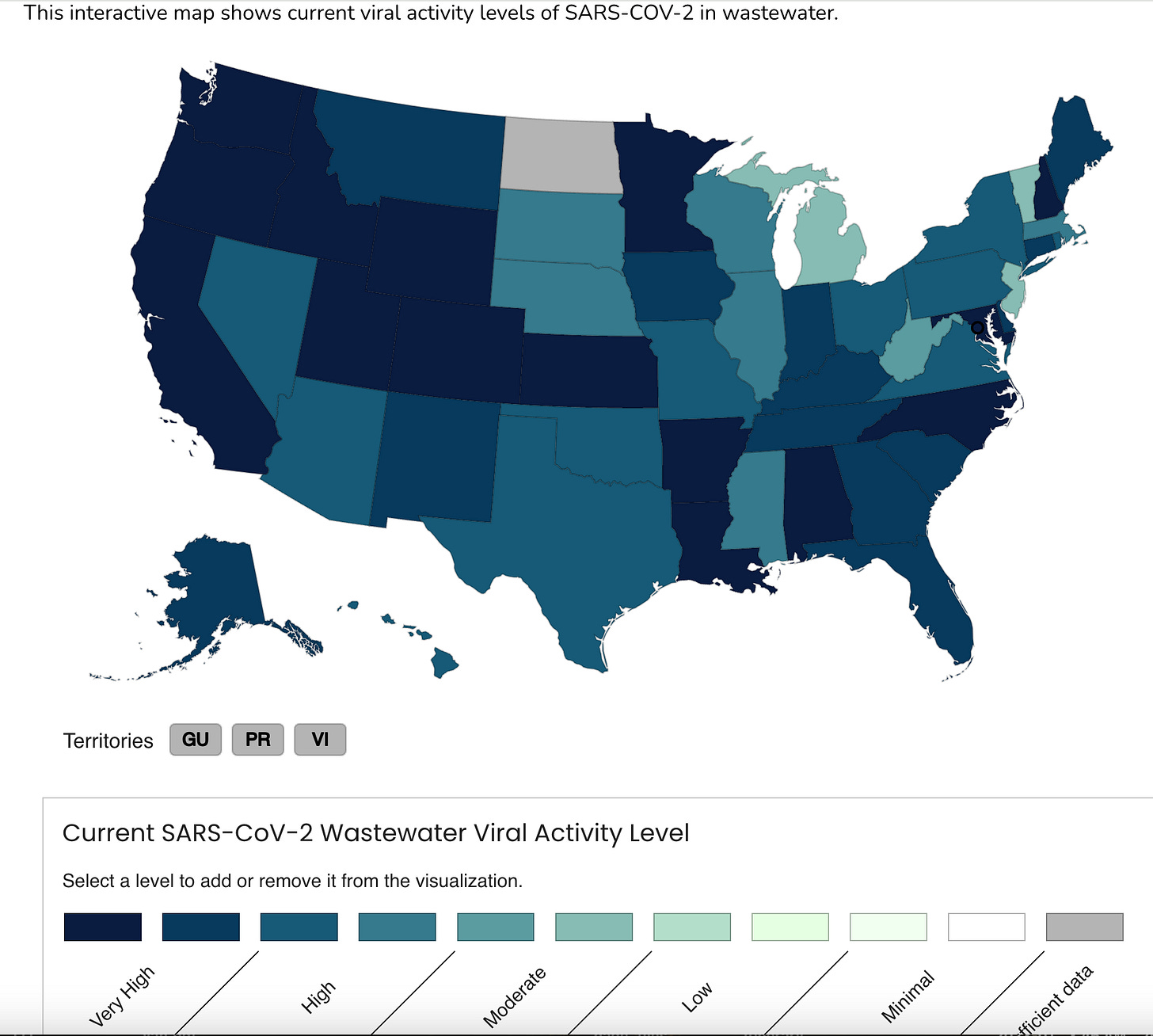Before never. And before you need it.
When is the best time to get a vaccination?
A question I am frequently asked: When is the best time to get my shot?
Invariably, I respond: two to four weeks before you need it. That is how long it takes the vaccine to provide maximal antibody formation and protection. For many vaccines, including COVID-19 and influenza (flu), that protection will persist for several months, or more, after administration.
The answer is a bit tongue-in-cheek, as one never knows precisely when they will be exposed to influenza, COVID-19, pertussis, Respiratory Syncytial Virus (RSV) or the other myriad pathogens for which vaccines have been developed. The exception is vaccinations required for travel. Then you should pretty much know when you need to get your shot (hint—not the day before you travel).
An updated COVID-19 vaccination has been approved and is already in the distribution channel for use. I have made my appointment for the first available day that I can do it—Sept 7, 2024. Fortunately (touch wood), I have not, to my knowledge, had COVID-19 since last year, and my last vaccination was in November, 2023. With transmission ongoing, I am not going to wait to get my shot. I have seen some advice to wait until later in the fall, because transmission may be higher then, but I need protection now for what is circulating now. The vaccine is not a perfect match for what is out there, but it is pretty good. Who knows what variant will be circulating in 3 months? How much protection will the vaccine provide then?
As for influenza, I have scheduled the flu shot for the same day. This is a bit earlier than I usually like to get the flu shot, which is mid-October. I usually choose mid-October, because influenza tends to peak starting in late November to mid January, so I know I will be pretty well covered for the duration of influenza season. But here’s a pro tip—you can get another shot! As I am going to get a shot for COVID-19 on September 7, I will go ahead and have the flu shot at this same time. Convenience trumps timing when it comes for flu shots. If the flu season looks delayed, I may choose to get another shot in January or February. I can decide then.
Another question I get: should I even bother getting a shot? For influenza, the answer is a resounding yes—the flu is highly transmissible, and even healthy children and adults can succumb to it. Anyone over 6 months of age should get a flu shot, regardless of health history. Those with a history of heart, lung, or kidney disease, as well as diabetes. Pregnant women are also at higher risk for complication of influenza.
For COVID-19, the recommendations are similar. Everyone over 6 months of age can benefit from the COVID-19 vaccination, but some people are in over greater need of protection, similar to the risk groups for flu. If you live with someone who is high-risk, getting the shot for yourself may also help protect them.
No one ever asks me when the worst time is to get the shot. The answer—never. COVID-19 transmits year round, and the flu shot contains protection against multiple strains of flu, including Influenza B, which tends to transmit later in the season. So even if you think you have missed your window, it is not too late to roll up your sleeve, protect yourself, and your loved ones.





Have you considered doing an independent analysis on the risk benefit analysis of the Covid shot in case the CDC got it wrong? I'm pretty sure most 6-month olds won't benefit from the shot and could suffer severe life-altering side effects.
Thanks for the helpful update! Question(asking for a friend;) if one needs the Shingles vaccine also…what is the timing for that—Covid and Flu first then Shingles at a later date??